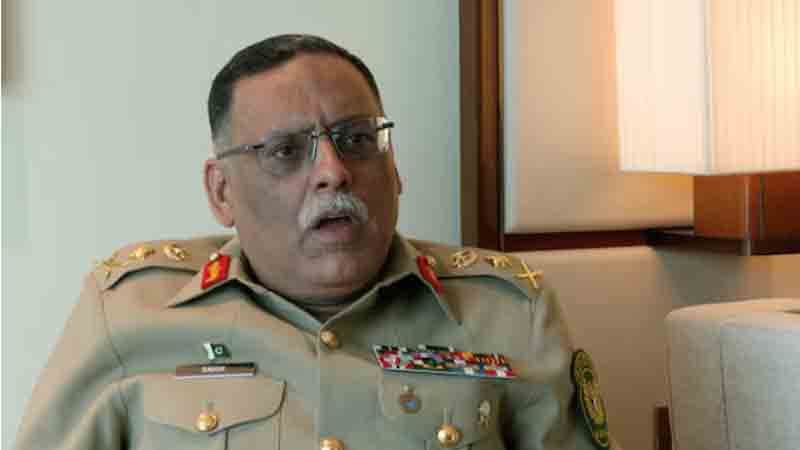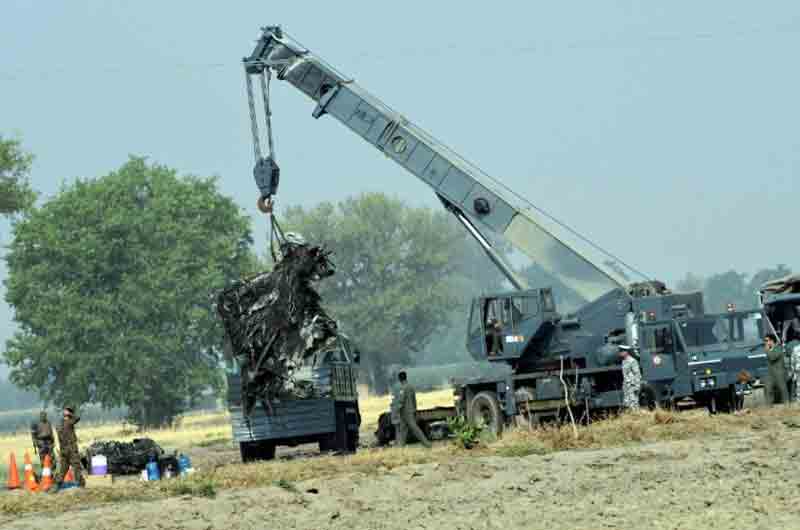The Shangri-La Dialogue security conference in Singapore has historically been characterized by the rivalry between the U.S. and China; however, Beijing’s noticeable withdrawal over the weekend revealed a new divide – the rising tensions between the U.S. and Europe regarding Asia.
During a speech on Saturday, U.S. Defense Secretary Pete Hegseth cautioned that China represented an “imminent” threat, while also emphasizing his desire for Europeans to focus on their own security as they increased military expenditures. “We would much prefer that the overwhelming balance of European investment be on that continent…so that as we partner there, which we will continue to do, we’re able to use our comparative advantage as an Indo-Pacific nation to support our partners here,” he stated.
Hegseth also pointed out the absence of his Chinese counterpart Dong Jun, as Beijing opted to send a lower-level team of military scholars to the annual gathering, which draws top defense officials, diplomats, intelligence agents, and arms dealers from around the globe.
Another significant aspect of the event was the attendance of influential military delegations from India and Pakistan, following four days of intense confrontations between the nuclear-armed rivals that were brought to a halt by a ceasefire on May 10.
🚨 BREAKING: “Any attempt to halt, divert, or delay Pakistan’s rightful share of water will be considered an act of war.”
— Gen. Sahir Shamshad Mirza, Chairman Joint Chiefs of Staff, at the Shangri-La Dialogue in Singapore. pic.twitter.com/WzKgcIGDJm
— Defence Index (@Defence_Index) June 1, 2025
The delegations, dressed in full uniform and adorned with medals and service ribbons, were led by India’s highest-ranking military officer and Pakistan’s chairman of the joint chiefs of staff. They deliberately avoided each other in the corridors and meeting rooms of the expansive Shangri-La hotel.
In terms of engagement in Asia, some European nations indicated they would not be influenced by U.S. calls to action. They asserted their intention to maintain a presence in both the Asian and European arenas, highlighting their strong connections and essential trade relationships, as well as the global nature of conflict.
“It is encouraging that we are increasing our efforts (in Europe), but I want to emphasize that the security of Europe is closely tied to the security of the Pacific,” stated Kaja Kallas, Europe’s leading diplomat. “If you have concerns about China, you should also be concerned about Russia,” Kallas remarked, highlighting the significance of Chinese support for Russia’s military actions in Ukraine and the involvement of North Korean troops.
If you reject unilateralism, bullying and aggression.
If you choose instead cooperation, shared prosperity and security,
the EU will always be by your side.My speech at Shangri-La Dialogue ↓ pic.twitter.com/olXUHkchue
— Kaja Kallas (@kajakallas) May 31, 2025
French President Emmanuel Macron affirmed that France continues to be an Indo-Pacific power, referencing its lasting colonial influence in New Caledonia and French Polynesia, as well as the deployment of over 8,000 soldiers in the region. “We are neither aligned with China nor the U.S.; we do not wish to rely on either,” Macron expressed during a press conference on Friday, proposing a “third path” coalition between Europe and Asia that avoids choosing sides between Beijing and Washington.
“We aim to collaborate with both as much as possible, fostering growth, prosperity, and stability for our citizens and the global order, which I believe reflects the sentiments of many nations and individuals in this area,” he added.
However, beyond the rhetoric, military attaches and analysts indicate that the European military presence and aspirations may be challenging to alter. Military deployments are planned over decades rather than months, and both commercial and defense ties have historical roots, with some rarely acknowledged publicly.
The upcoming visit of a British aircraft carrier to Singapore later this month is part of a program initially announced by then-Foreign Secretary Boris Johnson in 2017 to reaffirm British support for freedom of navigation in the South China Sea. This carrier visit also aligns with Britain’s obligations under the 54-year-old Five-Power Defence Arrangement, which connects its military with those of Singapore, Malaysia, Australia, and New Zealand.
British relations with Australia have been strengthened by the recent AUKUS agreement involving submarine and advanced technology sharing with the U.S. – a development that may allow British submarines to visit Western Australia.
In the meantime, Singapore maintains 200 personnel in France who operate 12 of its light combat aircraft, while Britain also has a jungle training camp and helicopters stationed in Brunei, along with a Gurkha battalion consisting of 1,200 troops, as reported by the International Institute of Strategic Studies.
A report released last month by the London-based IISS emphasized the enduring and growing defense connections between European defense firms and Asia, despite increasing competition, particularly from Saudi Arabia and the United Arab Emirates as regional budgets expand. “European companies, such as Airbus, Damen, Naval Group, and Thales, have established a long-standing presence in Southeast Asia, and other European players have entered the market over the past decade, including Italy’s Fincantieri and Sweden’s Saab,” the IISS report stated. Saab is on the verge of finalizing a deal with U.S. ally Thailand to provide its Gripen fighters, surpassing Lockheed Martin’s F-16s.
The Stockholm International Peace Research Institute has indicated that defense spending in Asia increased by 46% over the decade leading to 2024, totaling $629 billion. For Finnish officials, Hegseth’s comments struck a chord – it is Moscow, rather than the Indo-Pacific, that poses a significant concern for Helsinki due to the country’s extensive border with Russia.
“When Europe’s defense is in good condition, then you will have the resources to pursue additional initiatives,” Finnish Defence Minister Antti Hakkanen told Reuters. “However, currently, all European nations must prioritize European defense so that the United States can take on a larger role in the Indo-Pacific region,” Hakkanen remarked.
Discover more from Defence Talks | Defense News Hub, Military Updates, Security Insights
Subscribe to get the latest posts sent to your email.





